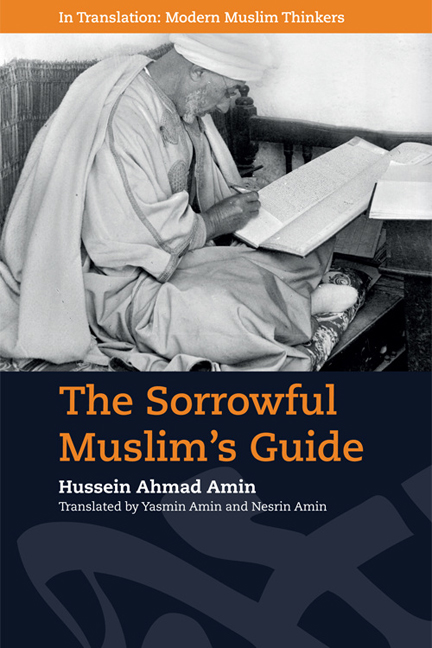6 - Reflections on the Status of the Awliyāʾ
Published online by Cambridge University Press: 06 May 2021
Summary
And they serve beside Allah what can neither harm them nor profit them, and they say: These are our intercessors with Allah. Say: Do you (presume to) inform Allah of what He knows not in the heavens and the earth? Glory be to Him, and supremely exalted is He above what they set up (with Him).
Verse 18, Chapter 10 (Yūnus)Religion is a combination of a sacred text and the text's interpretation. The former is from God and is therefore constant and unchanging, while the latter is man-made and variable, depending on individuals, societies and eras. Since the sacred text is irreplaceable, humans often find ways of circumventing it by interpreting it to their liking, to fit their whims and inclinations.
Some ancient Greek and Roman thinkers, such as Pythagoras and Numa Pompilius, refused to leave behind any texts so as not to shackle the minds of their successors. They burnt their works before they died or recommended that their writings be buried with them. They wanted to enable every generation in the country to produce the thought that befits their time and environment. It may be argued that the Prophet of Islam did not order the collection of the Qur’an either, as evidenced by the fact that Caliph Abū Bakr hesitated when ʿUmar b. al-Khaṭṭāb suggested the idea to him, saying: “I cannot attempt to do what the Prophet did not do. He did not recommend the collection of the Qur’an before his death.” Yet the main assumption of religion – any religion – is that the teachings contained in the sacred text are valid for all, for every time and every place.
However, humans were often too weak to commit themselves to the provisions of the sacred text, too cowardly to revolt against them, and too devious to admit their inability or unwillingness. While they always needed religion for the unwavering certainty it provides and for protection from the humiliation of doubt, they saw nothing wrong, in view of their weakness, with providing interpretations that pleased them, and that deluded them that they are the loyal guardians of religion.
- Type
- Chapter
- Information
- The Sorrowful Muslim's Guide , pp. 125 - 144Publisher: Edinburgh University PressPrint publication year: 2018

